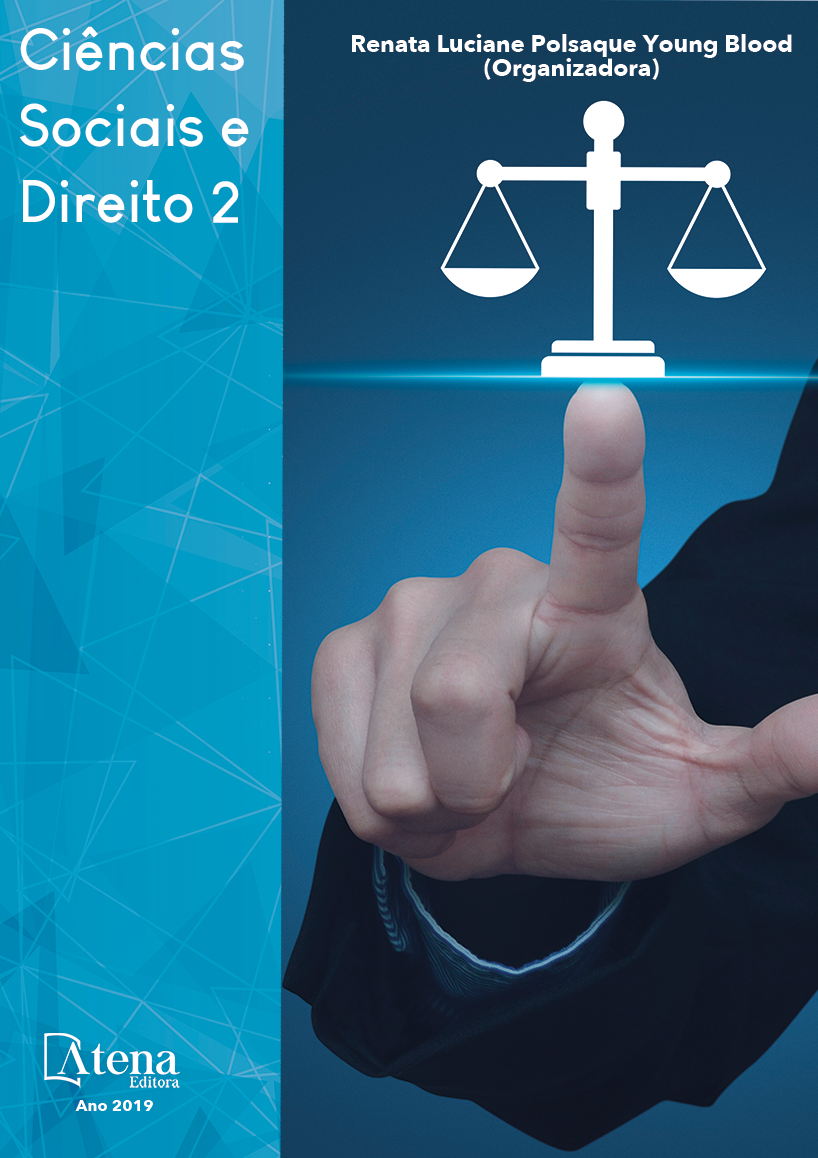
EDUCAÇÃO INCLUSIVA: EVOLUÇÃO HISTÓRICA E DESAFIOS ATUAIS.
Esse trabalho tem por objetivo
identificar e compreender a evolução dos
direitos das pessoas com deficiência e abordar
a educação escolarizada no Brasil desde a
chegada dos jesuítas até a contemporaneidade.
Analisar as mudanças sociais, políticas
e culturais que deram ensejo as diversas
legislações constitucionais e infraconstitucional,
apoiaram movimentos em prol de uma nova
concepção em relação à educação inclusiva,
reivindicando ações com o intuito de organizar
o sistema educacional para torná-la mais
eficiente, tendo como base a Declaração dos
Direitos Humanos. A inclusão escolar é um dos
temas mais debatidos atualmente, haja vista
a posição ainda excludente da sociedade e a
pouca efetividade dos dispositivos legais que,
apesar de décadas de estudos, ainda precisam
ser trabalhadas de modo a concretizar as
políticas públicas tornando-as viáveis e
includentes. Conclui-se que com o surgimento
dos direitos humanos, o poder público e a
sociedade foram obrigados a reconhecer a
diversidade como uma condição humana e a
refletir sobre as mudanças de atitudes a fim de
permitir a inclusão.
EDUCAÇÃO INCLUSIVA: EVOLUÇÃO HISTÓRICA E DESAFIOS ATUAIS.
-
DOI: 10.22533/at.ed.6301916044
-
Palavras-chave: Educação, Inclusão escolar, Direitos humanos, Políticas públicas
-
Keywords: Education, a Fundamental right, school inclusion, Human Rights
-
Abstract:
This work aims to identify and
understand the evolution of the rights of persons
with disabilities and to address the education
in Brazil since the arrival of the Jesuits up to
contemporary times. The social, political and
cultural changes that have given rise to the
various laws and infra-constitutional, supported
moves for a new design in relation to inclusive
education, claiming actions with the purpose
of organizing the educational system to make
it more efficient, based on the Declaration of
human rights. The school inclusion is one of
the most vexed issues, given the position that
excludes the society and low effectiveness of
the legal provisions that despite decades of
studies still need to be worked on in order to
achieve the public policies making them viable
and includentes. It is concluded that with the
emergence of human rights, the Government
and society were forced to recognize diversity as
a human condition and to reflect on the changes
of attitudes in order to allow the inclusion.
-
Número de páginas: 15
- ERISANGELA NUNES HOHENFELD SANTOS
- TERESA CRSITINA FERREIRA DE OLIVEIRA


